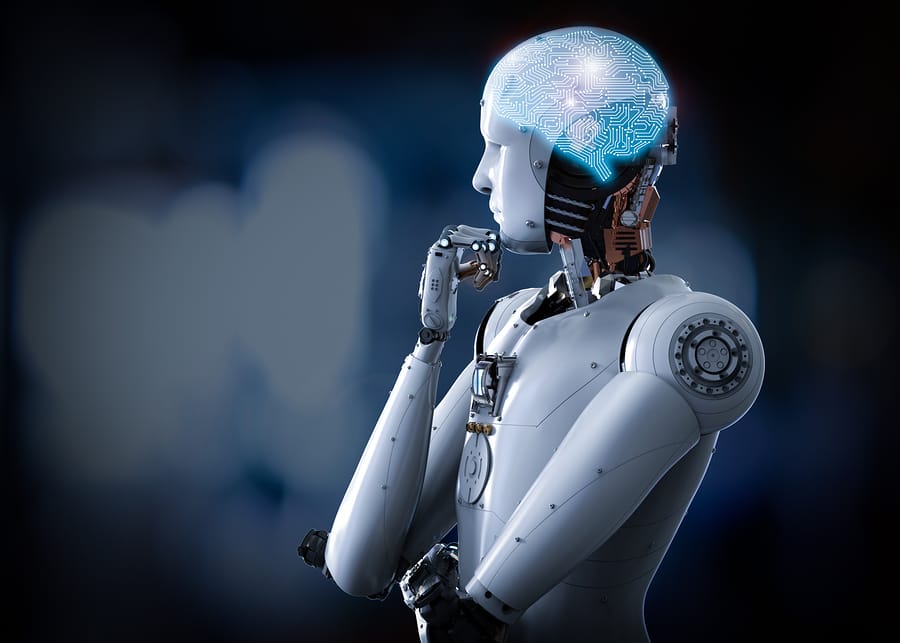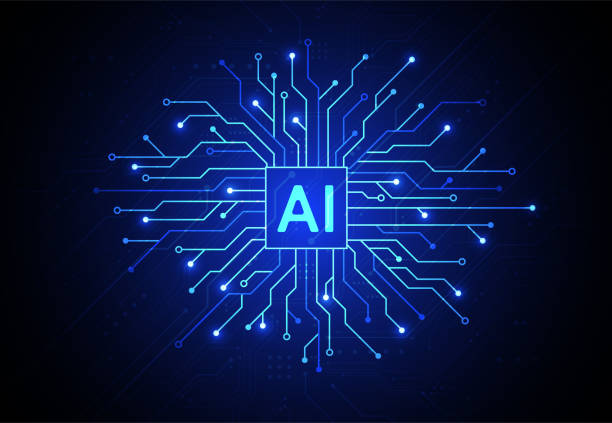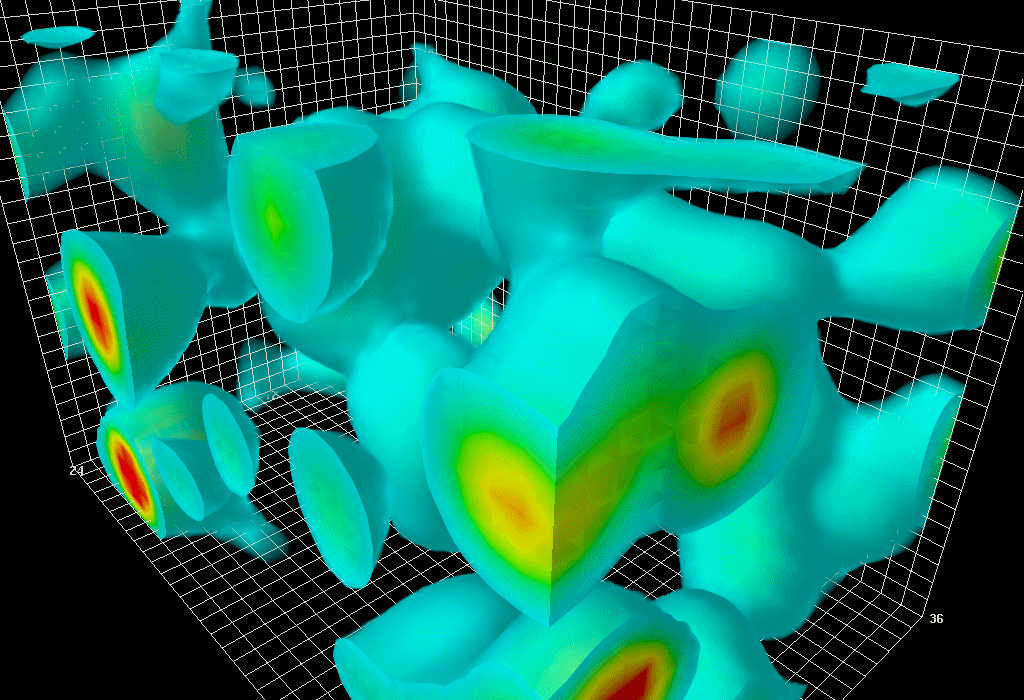The story of humanity has always been a story of invention. From the first wheel carved from stone to the rockets soaring beyond Earth, every leap forward has been sparked by human creativity and innovation. Inventions are more than just tools; they are the bridges between imagination and reality. They reshape the way we live, connect, learn, and dream. And today, in the 21st century, we are living in a time of unprecedented transformation, where groundbreaking inventions are not just improving lives—they are rewriting the very blueprint of our future.
In this article, we will explore twenty of the most incredible inventions that are already shaping tomorrow. Some are in their infancy, others are racing into mainstream adoption, but all of them carry the power to redefine humanity’s path.
1. Artificial Intelligence (AI) and Machine Learning
Artificial Intelligence is no longer confined to science fiction—it is embedded in our daily lives. From voice assistants like Siri and Alexa to algorithms recommending what you watch on Netflix, AI is already shaping human experience. But its real potential lies in its ability to learn, adapt, and make decisions at a scale no human could match.
AI is driving innovations in medicine, where algorithms analyze scans to detect diseases earlier than doctors can. It powers self-driving cars, creates personalized education systems, and even composes music and art. Yet, AI also raises profound ethical questions: Will machines one day surpass human intelligence? How do we balance innovation with responsibility?
Regardless of the answers, one thing is certain: AI is an invention that will define the future in ways we can barely imagine.
2. Quantum Computers
While traditional computers process information in binary code—ones and zeros—quantum computers use qubits, which can exist in multiple states simultaneously. This allows them to perform calculations far beyond the reach of classical machines.
Quantum computers could revolutionize fields like cryptography, drug discovery, weather prediction, and even artificial intelligence itself. For example, they could simulate complex molecules, allowing scientists to design new medicines in weeks instead of decades.
Though still in early stages, companies like IBM, Google, and startups around the world are racing to make quantum computing practical. When they succeed, the invention will redefine the limits of knowledge and computation.
3. CRISPR Gene Editing
Imagine a tool so powerful it can rewrite the very code of life. That is what CRISPR-Cas9 does. This revolutionary gene-editing technology allows scientists to cut, remove, or replace sections of DNA with incredible precision.
Its potential applications are breathtaking: curing genetic diseases like sickle-cell anemia, engineering crops resistant to drought, even altering mosquitoes to prevent the spread of malaria. But with such power comes immense responsibility. Should we edit the human germline? Could CRISPR lead to “designer babies”?
CRISPR is more than just an invention—it is a doorway into a future where humanity holds the keys to its own evolution.
4. Renewable Energy Breakthroughs
The world is in urgent need of clean, sustainable energy. Innovations in solar, wind, and hydroelectric technologies are paving the way for a future free from fossil fuels. Advances in solar panels have made them cheaper and more efficient than ever, while floating wind farms are now harvesting energy in the open seas.
Beyond these, researchers are experimenting with fusion power—the same process that powers the sun. If harnessed, fusion could provide virtually limitless, clean energy, transforming civilization.
Renewable energy inventions are not just changing technology—they are changing humanity’s relationship with the planet.
5. Autonomous Vehicles
Self-driving cars once seemed like a distant dream, but now, autonomous vehicles are being tested on roads worldwide. These vehicles use sensors, cameras, and AI to navigate safely without human intervention.
The potential benefits are enormous: reducing accidents caused by human error, easing traffic congestion, and transforming logistics and delivery industries. Beyond cars, autonomous drones and ships are also emerging, revolutionizing transport and commerce.
Though challenges remain—regulations, safety concerns, and public trust—the invention of autonomous vehicles is set to change how we move across the planet.
6. 3D Printing (Additive Manufacturing)
3D printing is revolutionizing how we make things. Instead of subtracting material like traditional manufacturing, it builds objects layer by layer. This allows for intricate designs, minimal waste, and even custom-made products on demand.
Industries from aerospace to healthcare are embracing it. Surgeons now use 3D-printed organs for practice, engineers build prototypes in hours, and even houses can be printed from concrete in a matter of days.
One of the most promising frontiers is bioprinting—printing human tissues and, eventually, entire organs. This could eliminate transplant shortages and save millions of lives.
3D printing turns imagination into physical reality, making it one of the most transformative inventions of our time.
7. Brain-Computer Interfaces
What if you could control a computer with your thoughts? Brain-computer interfaces (BCIs) are making this possible. By detecting neural activity, these devices allow direct communication between the brain and machines.
Companies like Neuralink are developing implants that could help paralyzed individuals control prosthetics or computers with their minds. In the future, BCIs might allow humans to merge more seamlessly with technology, creating new forms of communication, creativity, and even memory enhancement.
Though still experimental, BCIs could one day blur the line between biology and technology, opening new chapters in human evolution.
8. The Internet of Things (IoT)
The Internet of Things is turning the world into a giant network of connected devices. From smart refrigerators that order groceries to wearable health monitors tracking vital signs, IoT is embedding intelligence into everyday objects.
In smart cities, IoT sensors manage traffic, conserve energy, and monitor pollution. In agriculture, smart systems optimize water use and crop growth. The potential applications are nearly endless.
But IoT also raises questions of security and privacy—after all, a connected world is also a vulnerable one. Still, the invention of IoT promises a future where technology is seamlessly integrated into the fabric of daily life.
9. Nanotechnology
Nanotechnology operates at the scale of atoms and molecules, where materials behave in extraordinary ways. By manipulating matter at the nanoscale, scientists are creating inventions that could revolutionize medicine, electronics, and materials science.
Nanoparticles can deliver drugs directly to cancer cells, minimizing side effects. Nanomaterials like graphene are stronger than steel yet lighter than plastic. Nano-coatings can make surfaces self-cleaning or water-resistant.
The possibilities of nanotechnology seem limitless, making it one of the most exciting frontiers of invention.
10. Space Exploration Technologies
The dream of space colonization is closer than ever thanks to inventions in rocket science and space exploration. Reusable rockets pioneered by SpaceX have drastically reduced the cost of spaceflight. New missions are preparing to return humans to the Moon and eventually take us to Mars.
Beyond exploration, inventions like space-based solar power and asteroid mining could reshape economies. The James Webb Space Telescope, another technological marvel, is already rewriting our understanding of the universe.
Space technology is not just about leaving Earth—it is about reimagining humanity’s destiny among the stars.
11. Advanced Robotics
Robots are no longer confined to factory floors. Advanced robotics is creating machines that walk, run, swim, and even learn. From robotic surgeons performing delicate operations to humanoid assistants in homes, robotics is entering every sphere of life.
Robotic exoskeletons help people with paralysis walk again. Disaster-response robots save lives in hazardous environments. And in combination with AI, robots are gaining the ability to adapt to changing circumstances.
The invention of advanced robotics is transforming not just industry, but also our very definition of what machines can be.
12. Virtual Reality (VR) and Augmented Reality (AR)
Virtual and augmented reality are inventions that transport us into new dimensions of experience. VR immerses us in fully digital worlds, while AR overlays digital information onto the real world.
In education, VR lets students explore ancient civilizations or the inside of a human cell. In medicine, surgeons use AR to guide complex procedures. In entertainment, VR creates experiences more immersive than any cinema.
As hardware becomes lighter and more powerful, VR and AR are poised to transform work, play, and learning.
13. Wireless Power Transfer
The dream of cutting all cords is becoming reality with wireless power. This invention uses electromagnetic fields to transmit energy without wires. Already, we see it in wireless phone chargers, but larger-scale applications are emerging.
Wireless power could one day charge electric cars as they drive on highways, or power entire homes without plugs. It could also revolutionize how we manage energy in cities and remote areas.
The convenience and efficiency of wireless power make it one of the most anticipated inventions of the future.
14. Biotechnology in Agriculture
The invention of genetically engineered crops has already changed farming, but biotechnology is taking agriculture to new heights. From drought-resistant plants to lab-grown meat, these innovations aim to feed a growing population sustainably.
Vertical farms in cities use hydroponics and LED lights to grow crops year-round with minimal land and water. Precision agriculture uses sensors and AI to optimize yields and reduce waste. Lab-grown protein promises a future where meat is produced without harming animals or the environment.
Agricultural biotechnology is not just an invention—it is humanity’s hope for food security in a changing climate.
15. Wearable Health Devices
From smartwatches to implantable sensors, wearable health devices are transforming medicine. These inventions continuously monitor heart rate, oxygen levels, sleep patterns, and even detect early signs of illness.
In the future, wearables may go beyond monitoring to actively intervene—dispensing drugs when needed or warning of potential medical crises before they occur.
By putting health data directly in people’s hands, these inventions are democratizing healthcare and empowering individuals to take charge of their well-being.
16. Synthetic Biology
Synthetic biology combines biology and engineering to design new life forms. Scientists are already creating bacteria that produce biofuels, yeast that manufactures medicines, and even synthetic cells.
One of its most ambitious goals is to design entire genomes from scratch, building organisms never before seen in nature. While this raises ethical questions, it also promises revolutionary applications in healthcare, energy, and materials.
Synthetic biology is an invention that could reshape life itself—quite literally.
17. Blockchain Technology
Best known for powering cryptocurrencies like Bitcoin, blockchain is far more than digital money. It is a decentralized, secure way of recording information that cannot be altered.
This invention has applications in supply chains, voting systems, digital identity, and beyond. By ensuring transparency and trust without central authorities, blockchain is transforming industries from finance to logistics.
Though still evolving, blockchain technology has the potential to redefine trust in the digital age.
18. Fusion Energy
While renewable energy has made great strides, fusion energy is the ultimate prize. Unlike nuclear fission, which splits atoms, fusion combines them—releasing massive amounts of clean energy, just like the sun.
For decades, fusion has seemed just out of reach, but recent breakthroughs have brought it closer than ever. Experimental reactors like ITER are making progress, and private companies are racing to achieve commercial fusion.
If successful, fusion energy could power civilization for millennia without pollution or scarcity.
19. Advanced Materials
From graphene to self-healing polymers, advanced materials are inventions changing industries everywhere. Graphene, a single layer of carbon atoms, is incredibly strong, light, and conductive. It could revolutionize electronics, batteries, and construction.
Other advanced materials include aerogels for insulation, metamaterials that bend light in unusual ways, and biodegradable plastics that reduce environmental waste.
These materials are the foundation upon which many future inventions will be built.
20. Genetic Personalized Medicine
Traditional medicine treats patients based on averages, but personalized medicine tailors treatment to an individual’s genetic makeup. With advances in genomics and data analysis, doctors can now predict which drugs will work best for specific patients.
This invention promises more effective treatments, fewer side effects, and even preventative care based on genetic risk factors.
As genome sequencing becomes cheaper and faster, personalized medicine could become the standard of healthcare worldwide.
Conclusion
From quantum computers to personalized medicine, from CRISPR to space exploration, these twenty inventions are not just tools of convenience—they are forces of transformation. They challenge us to rethink what it means to be human, how we live on Earth, and where we might go in the cosmos.
The future is not something that happens to us—it is something we create, invention by invention, idea by idea. These incredible breakthroughs remind us of the boundless power of human curiosity, the responsibility that comes with innovation, and the breathtaking possibilities that lie ahead.






